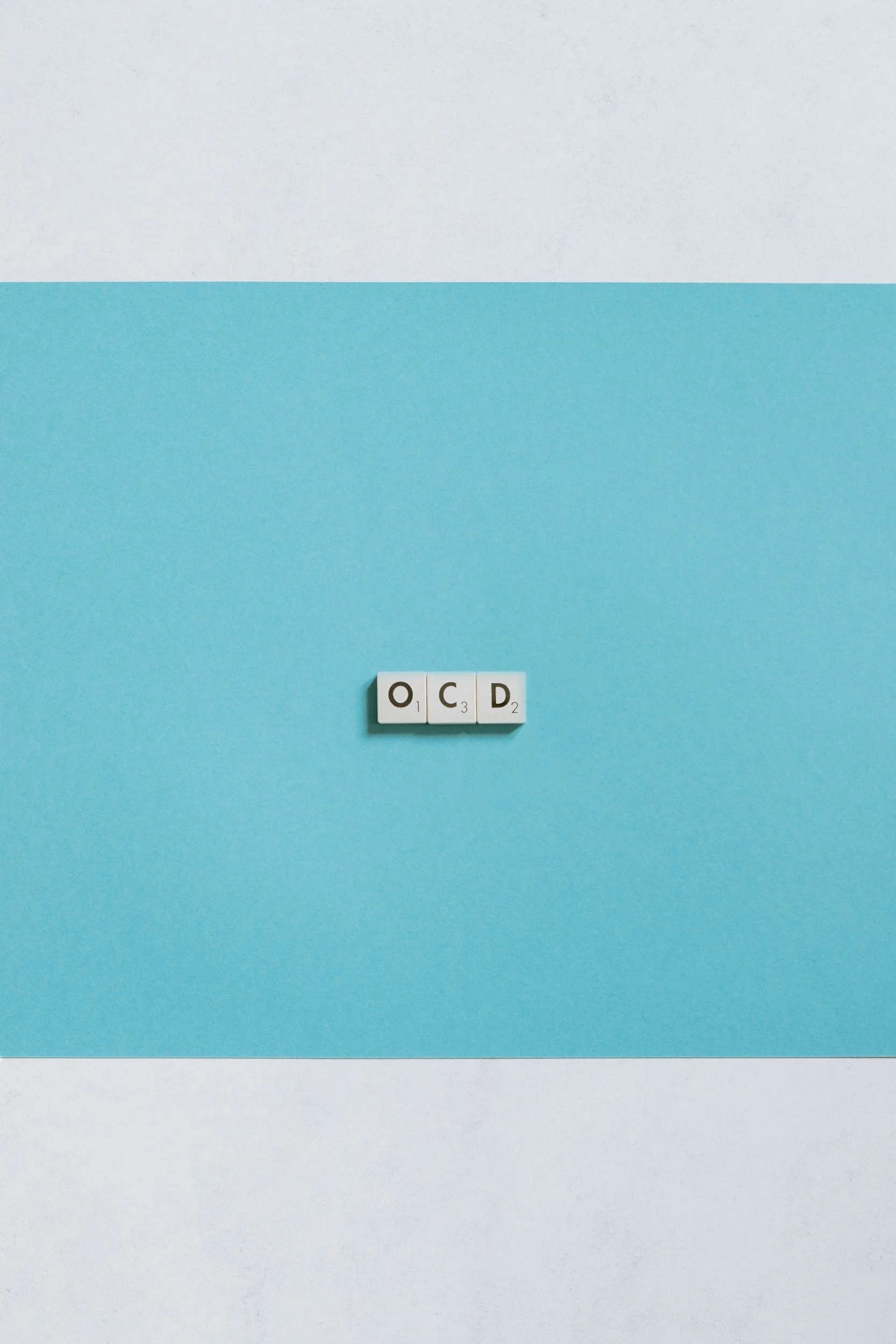
-
What Is OCD?
Obsessive-Compulsive Disorder (OCD) is a mental health condition where unwanted, distressing thoughts (obsessions) and repetitive behaviors or rituals (compulsions) become difficult to manage. While these thoughts and actions can feel overwhelming, OCD is treatable, and therapy can help reduce its impact on daily life.
-
OCD Symptoms
Common symptoms of OCD may include persistent worries or fears, repeated checking or cleaning, strict routines, or needing things to feel “just right.” These symptoms can take up significant time and cause distress, but they are not a sign of weakness—rather, they are a signal that support and care are needed.
-
How Is OCD Treated?
A psychotherapist can help individuals living with Obsessive-Compulsive Disorder (OCD) by creating a supportive space to better understand their thoughts, feelings, and behaviors while offering practical strategies for relief. One of the most effective treatments is Cognitive Behavioral Therapy (CBT), particularly Exposure and Response Prevention (ERP), which gently helps clients face fears and reduce compulsive behaviors over time. Mindfulness practices can also bring calm and clarity, allowing people to observe intrusive thoughts without judgment. For those seeking deeper insight, psychodynamic therapy can explore the underlying emotions or past experiences connected to OCD patterns. Therapy is not about erasing thoughts altogether, but about building healthier ways to respond, easing anxiety, and nurturing hope for a more balanced, empowered life.
-
Helping A Friend Or Loved One
Supporting someone with OCD begins with patience, compassion, and listening without judgment. Avoid minimizing their struggles or pushing them to stop their rituals suddenly, as this can increase distress. Instead, encourage them gently to seek professional help and remind them they are not alone—healing and improvement are possible with the right care and support.
Postpartum Depression FAQ
-
Many people like things neat or have routines, but OCD is different. With OCD, the thoughts and behaviors feel intrusive, repetitive, and hard to control—even when you know they don’t fully make sense. If these patterns cause distress or interfere with daily life, therapy may help.
-
Therapy doesn’t always “erase” OCD, but it can greatly reduce symptoms and make them much more manageable. Many people find they can live fulfilling, balanced lives with the right support and tools.
-
Not always. Many people make significant progress with therapy alone. However, in some cases, combining therapy with medication (prescribed by a psychiatrist or primary care doctor) can be especially effective.
-
Yes. OCD can affect people of all ages, including children and adolescents. Early support through therapy can significantly impact symptom management and the development of healthy coping strategies.
-
Even if OCD has been part of your life for a long time, therapy can still help. Treatment focuses on breaking the cycle of obsessions and compulsions, building healthier coping skills, and supporting you in living more fully, regardless of how long you’ve struggled.



